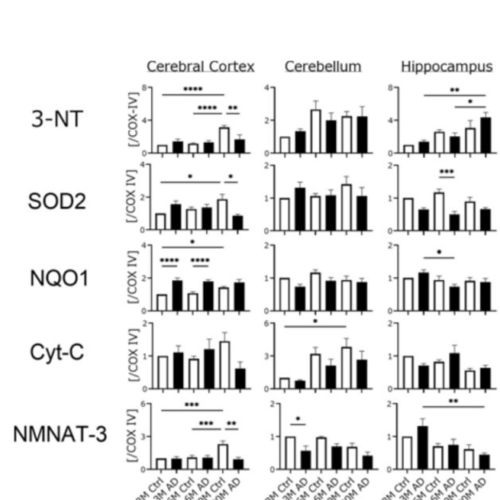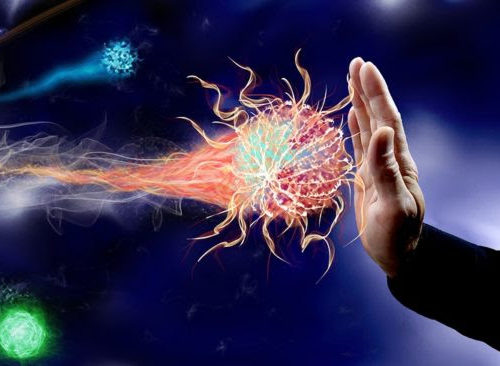UNIVERSITY OF CALIFORNIA – SAN DIEGO IMAGE: VETERANS WITH GULF WAR ILLNESS HAVE LONG STRUGGLED TO GET A PROPER DIAGNOSIS AND TREATMENT, DESPITE EXPERIENCING SYMPTOMS FOR SEVERAL DECADES. CREDIT: PHOTO BY JAKOB OWENS ON UNSPLASH Gulf War Illness (GWI) is a chronic multisymptom health condition affecting one-third of all veterans who served in the 1991...
Tag: <span>mitochondrial dysfunction</span>
Study reveals likely link between mitochondrial dysfunction and age-dependent cognitive disorders
SHIBAURA INSTITUTE OF TECHNOLOGY IMAGE: A COMPARISON OF MITOCHONDRIAL OXIDATIVE MARKERS REVEALED THAT OXIDATIVE DAMAGE WAS INCREASED IN THE BRAINS OF MICE WITH ALZHEIMER’S DISEASE CREDIT: MDPI, BIOMEDICINES. VOLUME 10, ISSUE 2 The mitochondrial electron transport chain, which is required for generating energy during cellular processes, also produces reactive oxygen species (ROS) that attack tissue...
Implicating TFAM in the Mitochondrial Dysfunction that Accelerates Immune Aging
This short commentary looks at just one cell type, T cells of the adaptive immune system, in which loss of mitochondrial function produces issues such as cellular senescence that contribute to broader degenerative aging throughout the body. Every cell contains hundreds of mitochondria, responsible for producing adenosine triphosphate, an energy store molecule used to power cellular processes. When that supply diminishes, everything suffers...
Muscle weakness after sepsis linked to mitochondrial dysfunction
New findings may explain why humans experience muscle weakness after sepsis recovery, and suggest the need for novel treatments to improve muscle health ELIFE Damage to energy-producing mitochondria may underlie prolonged muscle weakness following a sepsis-like condition in mice, according to a new study published today in eLife. The findings may explain why humans struggle...



